
Lead and zinc are important nonferrous metals, widely used in metallurgy, chemical industry, electricity, light industry and military fields. Therefore, the rational development and processing and utilization of lead-zinc ore resources are of great significance to the development of industrial economy. According to different mineralization, lead-zinc ore can be divided into sedimentary type, volcanic sedimentary type, hydrothermal type and skarn type. In actual production, the use of appropriate mineral processing technology can effectively improve the recovery rate and economic benefits of lead-zinc ore. The following will introduce the operations at different stages of the lead-zinc ore processing process to help you better understand the utilization of lead-zinc ore.
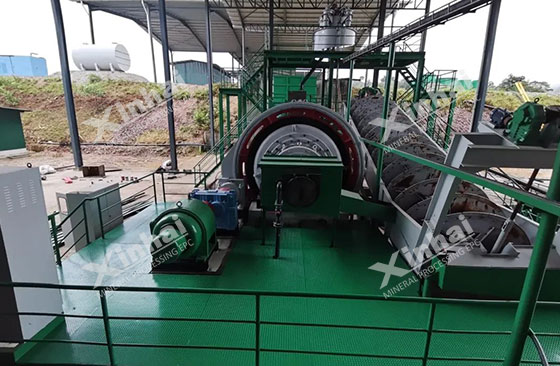
1. Crushing
Crushing is the first step in the beneficiation process of lead-zinc ore. It is mainly to crush the ore to a suitable particle size to facilitate subsequent beneficiation operations. Commonly used crushing equipment includes jaw crusher and cone crusher. Among them, jaw crusher is mainly used for coarse crushing, with the advantages of simple structure, convenient operation and easy maintenance; cone crusher is mainly used for medium and fine crushing of lead-zinc ore, and this equipment has a high crushing efficiency.
2. Grinding
Grinding is to further grind the crushed ore to fully dissociate the useful minerals. Commonly used equipment includes ball mill and rod mill. The particle size distribution in the grinding stage directly affects the results of the subsequent beneficiation process, so it is necessary to optimize the grinding time and fineness through grinding tests.
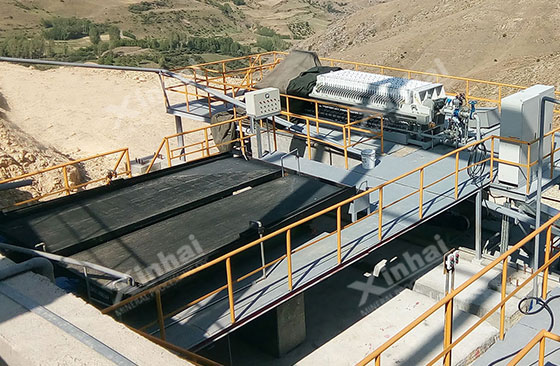
1. Gravity separation
The density difference between lead-zinc ore and other gangue minerals is used for separation. Commonly used equipment includes jigs and shaking tables. Jigs use the difference in the settling speed of ore for separation and are used to process coarse lead-zinc ore. Shaking tables vibrate to separate the ore on the bed surface to achieve separation. They are mainly used for fine-grained lead-zinc ore.
2. Heavy medium separation
In heavy media (such as heavy liquid, heavy suspension), separation is carried out according to the density difference of the ore. This method is suitable for processing coarse lead-zinc ore and can effectively improve the separation efficiency.
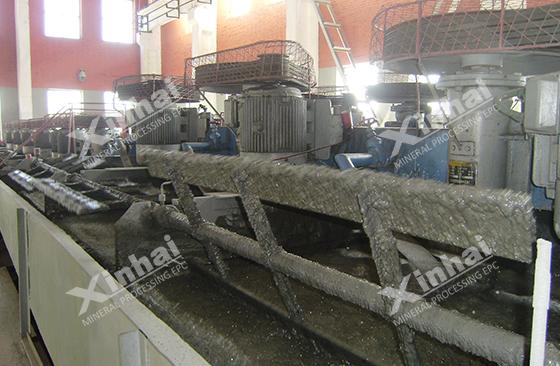
Lead-zinc ore is one of the main methods for lead-zinc ore selection. Through the action of chemical agents, mineral particles are combined with bubbles to achieve separation. The flotation process can be divided into: collector selection, adjuster application, and flotation process design.
Collector selection: According to the flotation characteristics of lead-zinc ore, it is necessary to select a suitable collector, such as yellow medicine, black medicine, etc.
Adjuster application: By adding adjusters such as frothers and inhibitors, the selectivity in the flotation process can be changed to ensure the separation of lead and zinc.
Floatation process design: A reasonable flotation process needs to be designed according to the properties of the ore, including roughing, concentrating and scavenging operations. The success or failure of flotation directly affects the recovery rate of lead-zinc ore.
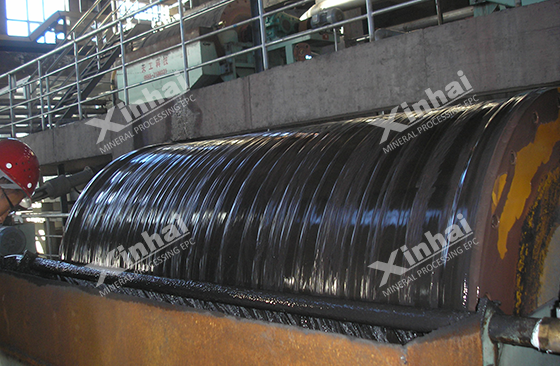
1. Magnetic separation: A method of separation using the magnetic difference between lead-zinc ore and other minerals. It is mainly used to separate lead-zinc ores containing magnetic separation minerals. This method can effectively reduce the content of non-metallic minerals and thus improve the grade of lead-zinc ore.
2. Electrostatic separation: A method of separation using the electrical difference of minerals in a high-voltage electric field. Electrostatic separation has a good separation effect on fine-grained lead-zinc ore and can effectively improve the efficiency of mineral separation.
3. Chemical separation: Useful minerals and gangue minerals are separated by chemical reactions. This method is suitable for processing complex and difficult-to-select lead-zinc ores, but the cost is relatively high. In actual production, chemical separation is often used as an auxiliary method in combination with other mineral separation methods.
1. Microbial leaching technology: mainly dissolves the metal elements in the lead-zinc ore through the metabolism of microorganisms. The key technology lies in the selection of microbial species, optimization of culture medium and control of inlet and outlet conditions.
2. Heap leaching technology: crush the lead-zinc ore and pile it into an ore pile, then add leaching agent for leaching. The key steps are mainly the crushing and heaping of ore, the selection and configuration of leaching agent, and the control of leaching process.
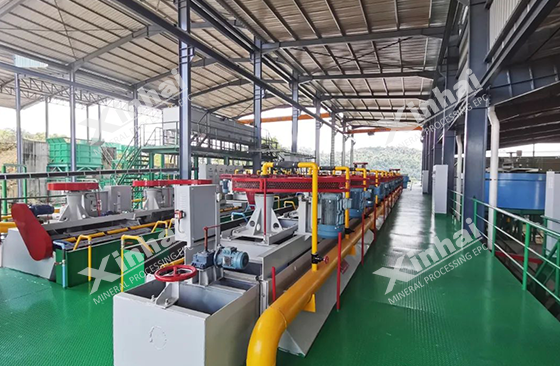
The beneficiation process of lead-zinc ore is complex and diverse. The rational selection and application of various beneficiation technologies can not only improve the recovery rate and grade of lead and zinc, but also provide guarantees for the rational use of resources. In the context of increasingly tight resources, the technology of developing low-grade lead-zinc ore resources has important practical significance. By combining traditional beneficiation methods with emerging technologies such as microbial leaching and heap leaching technology, we can promote the sustainable use of resources while ensuring economic benefits.
To find out more about our products and solutions, please fill out the form below and one of our experts will get back to you shortly.